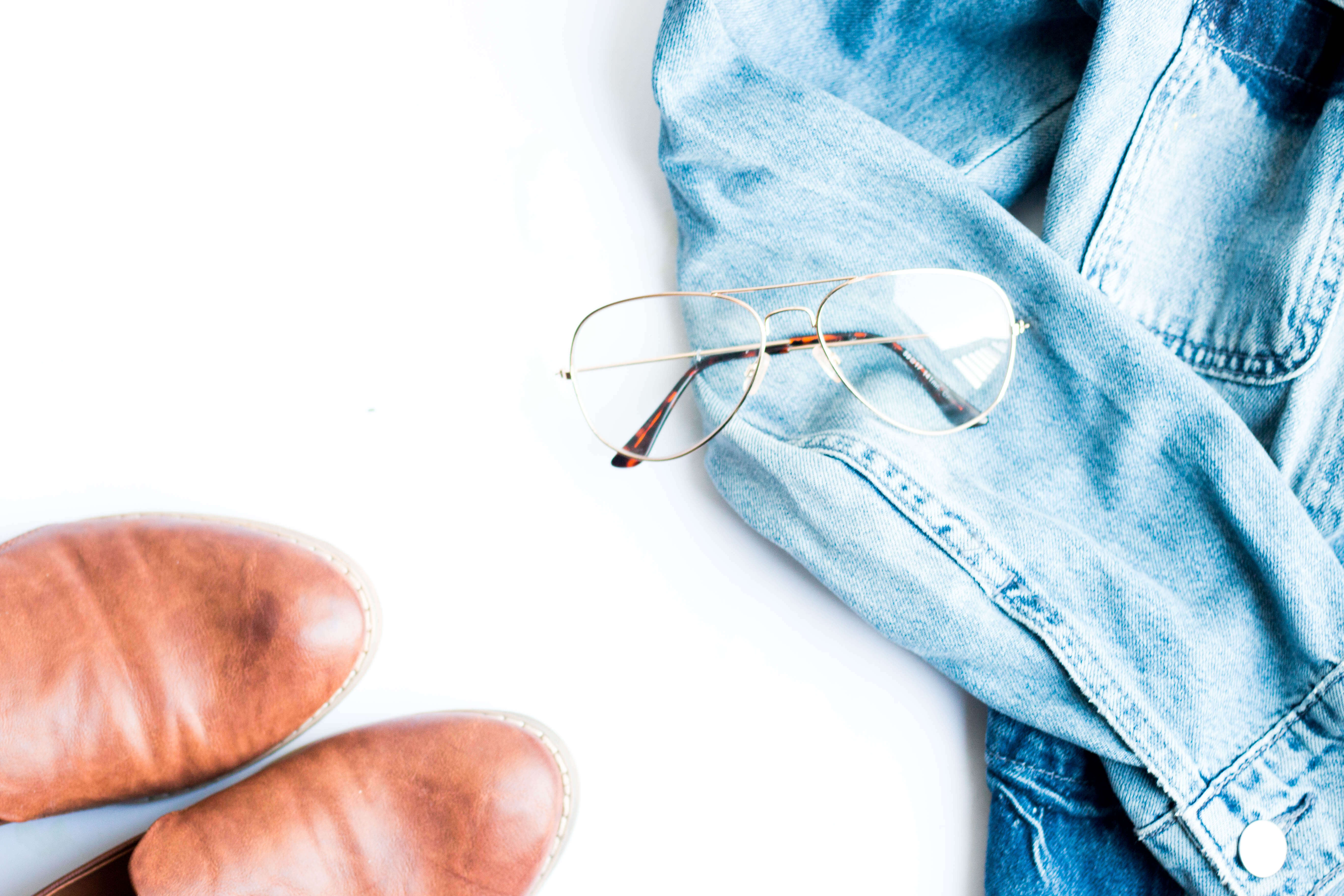You may have heard that kids typically begin seeing the dentist when they are young.
The American Academy of Pediatric Dentistry advises children first dentist visit be when the first tooth comes in or by their first birthday.
I know. That is pretty early.
In case you have missed this time frame and your child is much older, I have a few tips to make your child’s first visit awesome.
#1 – Before going to the dentist your child may have questions. Keep all explanations simple.
It is easy to get into the trap with kids when explaining things and accidentally say something you don’t really mean. Or didn’t explain well.
Try to keep everything simple and brief when talking to your little one.
#2 – Tell your child everyone goes to the dentist, big and small kids.
Including you. Even if the dentist is not your favorite person to see, don’t let your child know that. Remember, positive words.

#3 – You want to avoid using words like shot, hurt, pain.
Instead use positive words like clean, healthy, strong.
You don’t want to scare your child before even getting to the office. Many times parents try to help by explaining things to their kids.
I have found that many times parents explain a little too much and plant a seed of fear of the dentist unintentionally.
#4 – Keep discussion to a minimum.
If your child does not have questions about the dentist, don’t try to explain what happens at the dentist. Like I mentioned before, sometimes we talk ourselves into a something we didn’t intend.
[clickToTweet tweet=”Try not to explain too much to your child about going to the dentist. Sometimes parents accidentally say the wrongs things that plant fear about the dentist.” quote=”Try not to explain too much to your child about going to the dentist. Sometimes parents accidentally say the wrongs things that plant fear about the dentist.”]
If you have a very inquisitive child that likes to know everything (like mine) you can explain the dentist visit like this:
“The dentist will count your teeth and may even tickle your teeth. The dentist will check to make sure teeth are healthy and strong. The hygienist will clean your teeth and take pictures of your teeth. In the end, you get a prize. But you have to really good to get a prize.”

#5 – Get them rested
Kids usually do better when they have had a good night sleep.
The night before, make sure your child doesn’t binge watch Netflix but gets to bed early.
There is nothing worse than a cranky child that whines and complains because they are tired. Then add someone they have never meet trying to look inside their mouth … you are asking for trouble.
#6 – Get to the office early
This helps give your child time to get familiar with the office.
Going to a new place can be intimidating for kids, but they have time to get comfortable it takes away some of the negative feelings they may have.
Also, this gives you time to fill out paperwork without feeling rushed. Usually, there are things for kids to play in the waiting area. This is helpful to show the kids that this is a fun place.

#7 – If possible, allow your child to go back by themselves.
Some dental offices allow a parent to come back with their child.
Children tend to act much better when their parents are not around. If possible let your child go back by themselves and they will call you back to talk to you when they are all done.
[clickToTweet tweet=”You will be surprised how well kids act when parents are not around.” quote=”You will be surprised how well kids act when parents are not around.”]
#8 – If you decide to go back with your child …
Sit back and allow the hygienist or dentist to do most of the talking.
I know that you want to help, but the staff is really good at talking to the kids and it is not helpful having two adults talking at the same time to a child.
If you see your child or the staff begin to struggle then step in and say something.
But if your child is doing fine you don’t have to give the reassuring phrases that “everything is ok.” If anything, give praises like “you are doing a good job!”
#9 – If your child has a cavity … it’s okay.
The dentist will let you know if your child has a cavity or not.
When you get home or when you prepare to come back to have the cavities fixed your child may have questions.
Just let your child know “We need to come back because you have a sick tooth. They will put sleepy juice to make the tooth fall asleep, fix the tooth, then the tooth wakes up and is all better.”
You don’t have to complicate things with describing “the drill” and “the needle.” Remember we want to use positive phrases. Sometimes the dentist or the staff will talk to your child briefly and let them know in a sentence or two what will happen at the next visit.

There you have it. 9 tips for an awesome first dentist visit.
Remember, a successful first visit leads to subsequent great visits.
This then helps your child to not be afraid to of the dentist and actually enjoy coming to the dentist.
